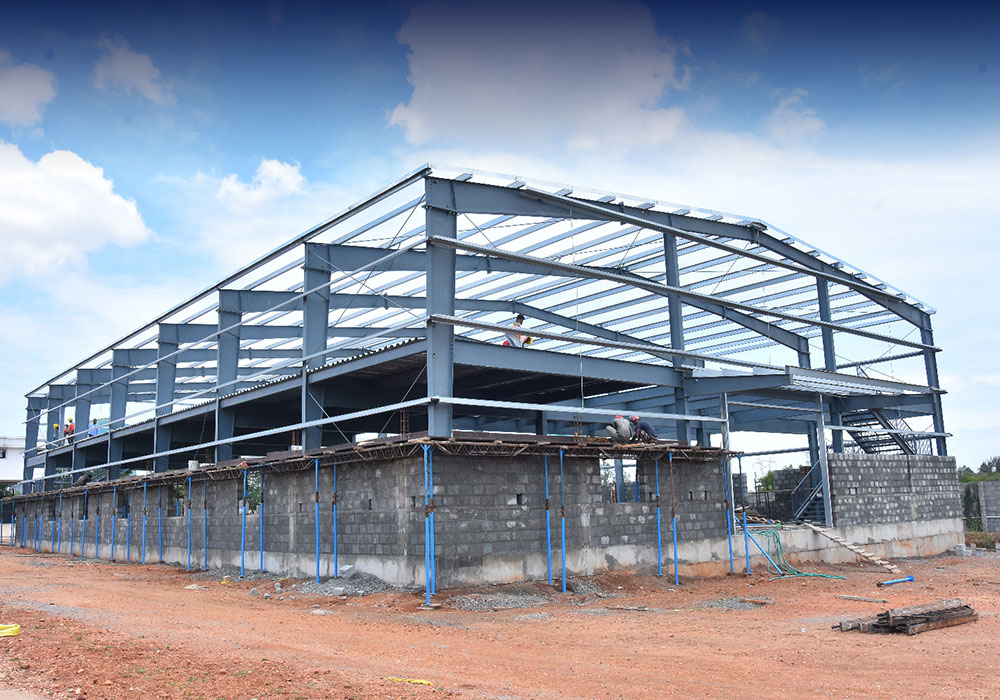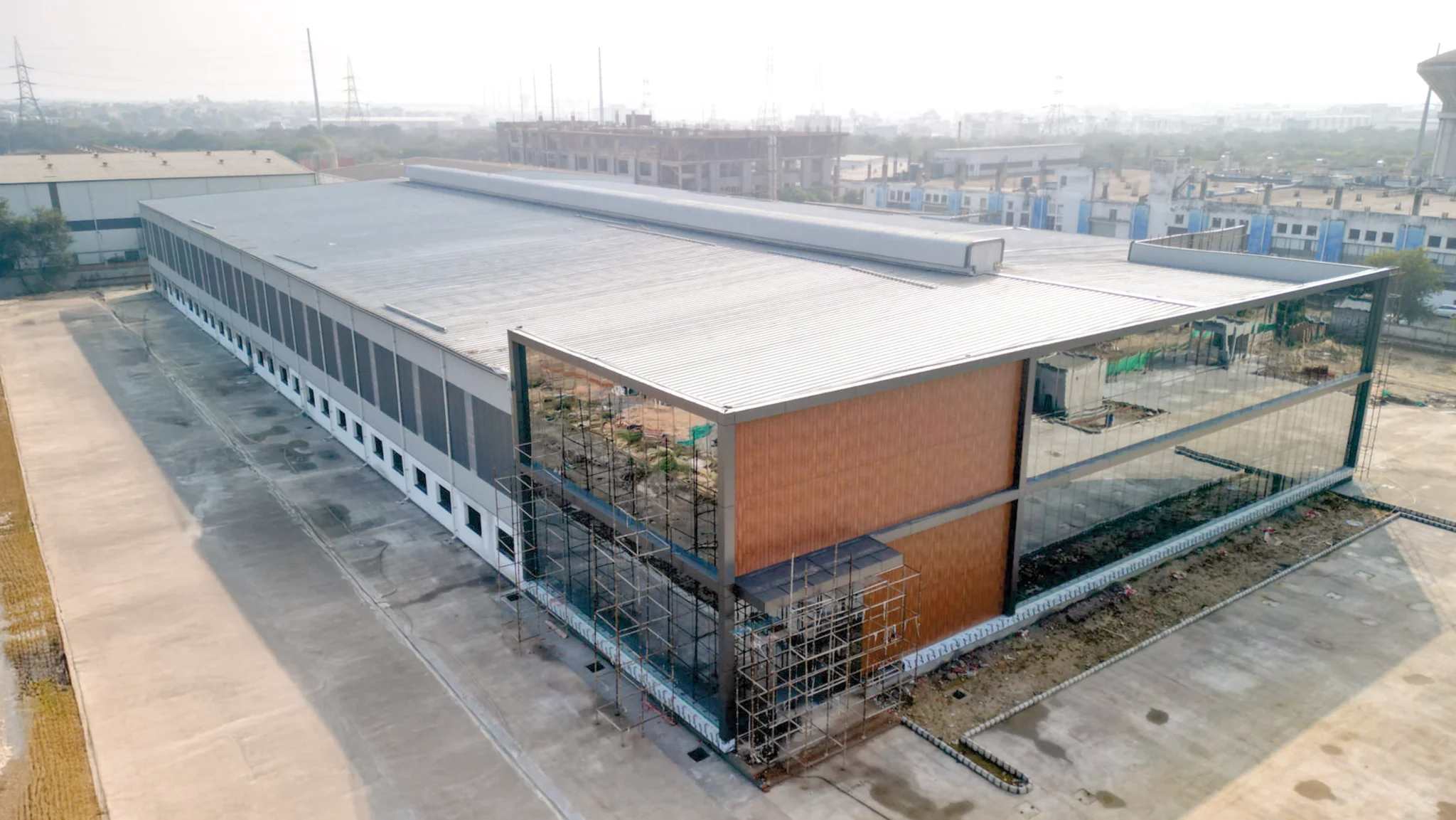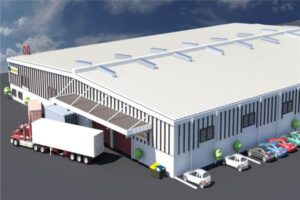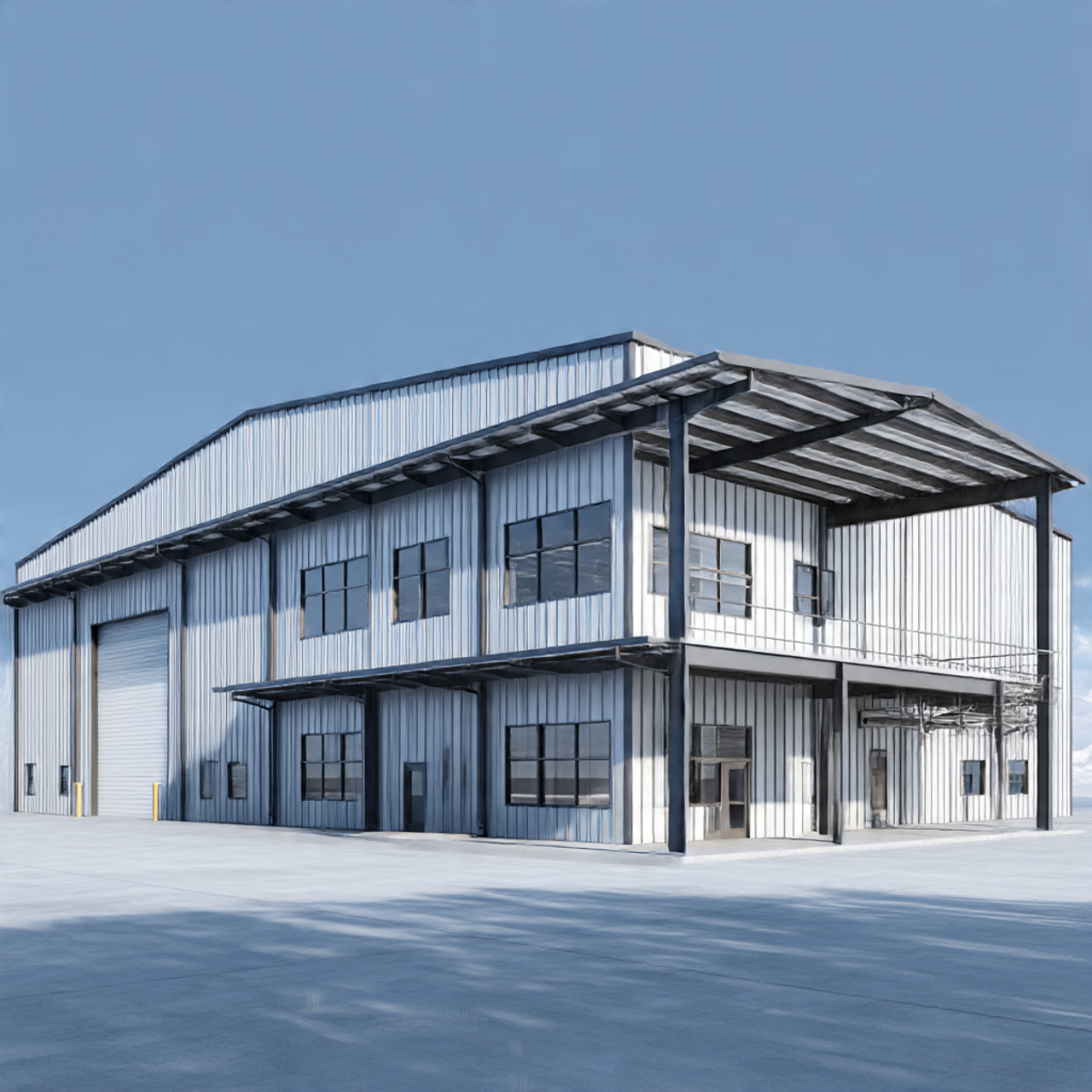
🏗️ Pre-Engineered Building Price in Pakistan – ACCO Engineering
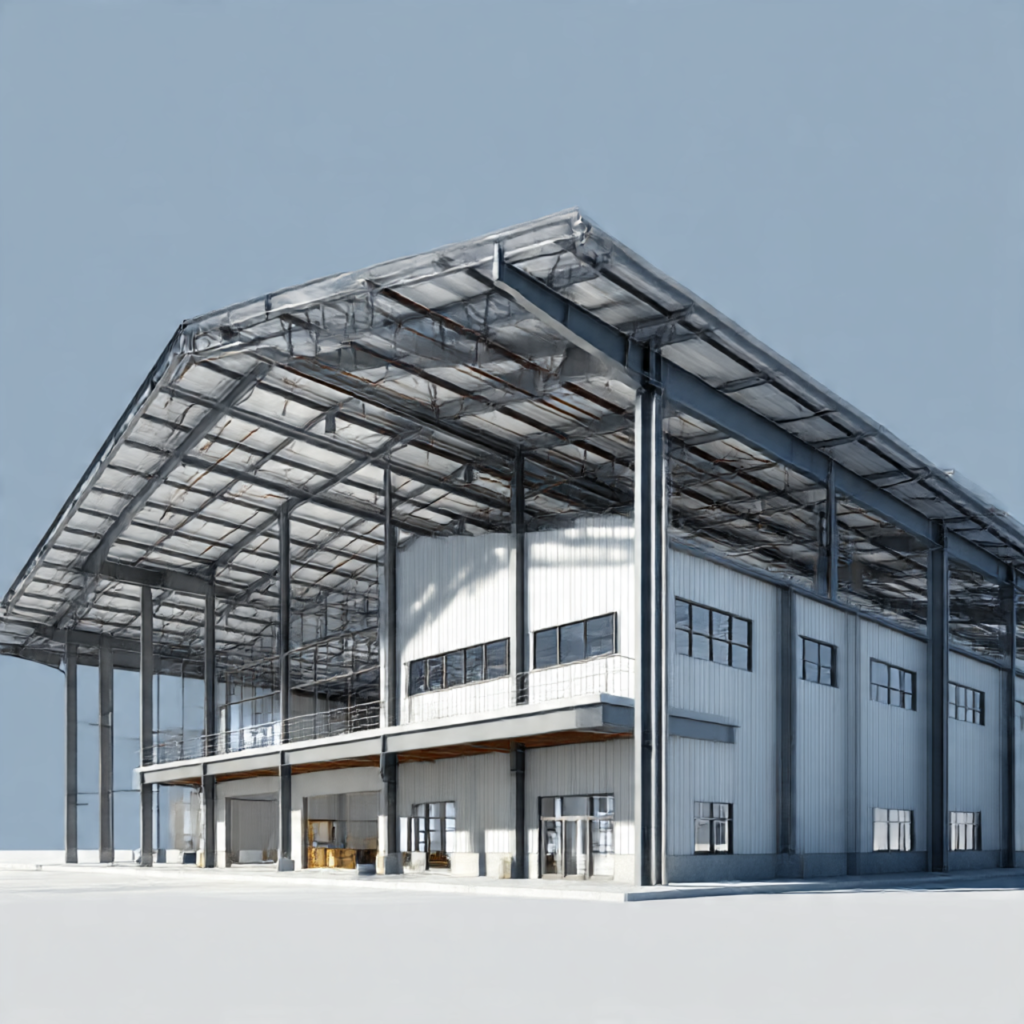
🏢 Introduction to ACCO Engineering
ACCO Engineering is a leading name in Pakistan’s construction and steel structure industry, renowned for its innovative Pre-Engineered Buildings (PEB), industrial sheds, and steel warehouses.
Based in Lahore, Pakistan, ACCO Engineering has delivered dozens of turnkey PEB projects across the country — from industrial units and factories to warehouses, showrooms, and sports complexes.
With decades of experience in design, fabrication, and erection, the company ensures cost efficiency, quality materials, and international-grade engineering standards for every steel building project.
Whether it’s a logistics warehouse in Karachi, an industrial plant in Faisalabad, or a sports facility in Lahore, ACCO Engineering delivers custom-designed PEB solutions that meet Pakistan’s modern industrial needs.
🏗️ Introduction to Pre-Engineered Buildings (PEBs)
Pre-Engineered Buildings (PEBs) are modern steel structures designed and fabricated in factories, then assembled on-site using bolted connections. This approach significantly reduces construction time, cost, and wastage, making it a preferred method for industrial and commercial construction in Pakistan.
Why PEBs are Relevant in Pakistan
In a developing economy like Pakistan — where construction speed, cost control, and durability are key — PEBs are rapidly replacing traditional RCC structures.
Industries such as textiles, logistics, food processing, and manufacturing now demand large, clear-span areas that are both economical and quick to build — exactly what Pre-Engineered Buildings offer.
Moreover, with Pakistan’s growing CPEC-related industrial expansion and logistics growth, PEBs are becoming the backbone of modern infrastructure.
💰 Pre-Engineered Building Price in Pakistan (2025 Update)
| Building Type | Approx. Cost per Sq.Ft (PKR) | Details |
|---|---|---|
| Industrial Shed | 1,400 – 2,000 | Includes main frame, purlins, sheeting, and erection |
| Warehouse | 1,500 – 2,200 | Includes insulation, skylights, and ventilation |
| Cold Storage | 2,000 – 2,800 | Includes insulated panels and cooling provisions |
| Factory Building | 1,600 – 2,400 | Customized layout, overhead cranes, and mezzanine floors |
| Sports Complex | 1,800 – 2,500 | Includes clear-span structure and façade options |
Note: Prices depend on design complexity, steel tonnage, and finishing specifications.
For an accurate quote, ACCO Engineering provides free project cost estimates based on client drawings and site requirements.
⚙️ Components of a Pre-Engineered Building
A PEB structure typically includes the following components:
🔩 1. Primary Framing
Main rigid frames (columns, rafters) made of high-tensile steel.
Designed for wind, snow, and seismic loads.
🧱 2. Secondary Members
Purlins, girts, and eave struts for additional support.
Lightweight yet durable, made from galvanized steel.
🪟 3. Roof and Wall Panels
Pre-painted galvanized or galvalume sheets (0.5–0.7 mm).
Insulated panels available for temperature control.
🚪 4. Accessories
Skylights, ventilators, doors, windows, and canopies.
Optional mezzanine floors and insulation systems.
🏗️ 5. Foundation
Designed based on soil report and building load.
Usually uses RCC isolated or raft footings.
🔍 Factors Affecting PEB Prices in Pakistan
Several variables influence the Pre-Engineered Building price per square foot, including:
Building Size & Dimensions – Larger spans reduce cost per square foot.
Steel Weight – Heavier designs require more material and increase cost.
Roof Type – Single-slope, gable, or multi-span roofs affect cost.
Design Load Requirements – Seismic and wind load conditions.
Material Specification – Galvalume vs. galvanized sheets.
Location & Transportation – Freight charges from factory to site.
Erection & Foundation Work – Site conditions and labor requirements.
🏗️ Step-by-Step PEB Construction Process
1️⃣ Design & Engineering
ACCO Engineering’s design team uses STAAD Pro, Tekla, and AutoCAD to create 3D models and detailed shop drawings.
2️⃣ Fabrication
All steel members are cut, welded, and drilled at ACCO’s fabrication facility in Lahore.
3️⃣ Surface Treatment
Every component is sandblasted and painted or hot-dip galvanized for corrosion resistance.
4️⃣ Transportation
Prefabricated parts are delivered to the site in ready-to-assemble form.
5️⃣ Erection & Assembly
On-site erection using cranes, bolts, and precision alignment ensures fast and accurate installation.
6️⃣ Finishing Works
Installation of roof panels, cladding, doors, windows, and skylights completes the project.
⚖️ Comparison: PEB vs Traditional RCC Construction
| Feature | Pre-Engineered Building | Traditional RCC Construction |
|---|---|---|
| Construction Time | 60–70% Faster | Slower and labor-intensive |
| Cost Efficiency | Lower overall cost | Higher due to material and time |
| Flexibility | Easy expansion/modification | Difficult to expand |
| Durability | 50+ years (low maintenance) | 40–50 years |
| Environmental Impact | Eco-friendly & recyclable steel | High concrete wastage |
| Aesthetic Options | Modern, customizable finishes | Limited designs |
🌟 Advantages of Pre-Engineered Buildings
✅ 1. Cost-Effective Construction
Reduced steel wastage and lower labor costs.
✅ 2. Fast Erection Time
Buildings can be ready in 90–120 days depending on size.
✅ 3. Customizable Design
Ideal for warehouses, factories, showrooms, and event halls.
✅ 4. Durability & Strength
Engineered to withstand wind, earthquake, and temperature changes.
✅ 5. Low Maintenance
Minimal corrosion and painting requirements.
✅ 6. Energy Efficiency
Insulated panels reduce heat transfer and save electricity costs.
⚠️ Disadvantages of PEBs
⚠️ 1. Higher Initial Design Cost – Requires expert engineering and fabrication.
⚠️ 2. Limited Aesthetic Variations – Design flexibility is lower than RCC.
⚠️ 3. Skilled Labor Requirement – Precision needed for erection.
⚠️ 4. Transport Limitations – Large components may require special logistics.
Despite these, the long-term operational and maintenance benefits far outweigh initial drawbacks.
📈 Market Trends for PEBs in Pakistan
The PEB market in Pakistan is growing at 12–15% annually.
Increased use in textile, cold storage, logistics, and poultry industries.
CPEC-related industrial zones are fueling rapid adoption.
More investors prefer turnkey steel building solutions for time and cost savings.
(Reference: Dawn Business News)
🧠 Frequently Asked Questions (FAQs)
1. What is the price per square foot of a PEB structure in Pakistan?
It ranges from PKR 1,400 to PKR 2,800 per square foot, depending on specifications.
2. How long does it take to build a PEB?
Typically, 90–120 days, including design, fabrication, and erection.
3. Is PEB suitable for multi-story buildings?
Yes, with proper design and load analysis, PEB systems can support multi-level structures.
4. Can PEBs be relocated?
Yes. They can be dismantled and reassembled elsewhere — ideal for temporary facilities.
5. Does ACCO Engineering offer turnkey PEB projects?
Absolutely. ACCO provides design, fabrication, delivery, erection, and finishing under one roof.
🏁 Final Verdict
In today’s fast-paced industrial world, Pre-Engineered Buildings (PEBs) offer the most efficient, affordable, and durable construction solution.
If you’re planning an industrial, warehouse, or commercial project, choosing ACCO Engineering ensures:
✅ Precise design and engineering
✅ Transparent pricing
✅ On-time project completion
✅ Long-lasting performance
With its head office in Lahore and projects across Pakistan, ACCO Engineering continues to lead the PEB construction industry through innovation, quality, and reliability.
🔗 Internal Links
🌐 External References
📞 Call to Action
Ready to build your Pre-Engineered Building in Pakistan?
👉 Contact ACCO Engineering today for a free project consultation!
📍 Office 2, 3rd Floor, Big City Plaza, Gulberg-III, Lahore
📞 Phone/WhatsApp: 0322-8000190
🌐 Website: www.acco.com.pk
📧 Email: info@acco.com.pk
Related Posts
PEB Industrial Projects in Islamabad & Rawalpindi – ACCO Engineering
Post a Comment cancel reply
You must be logged in to post a comment.



